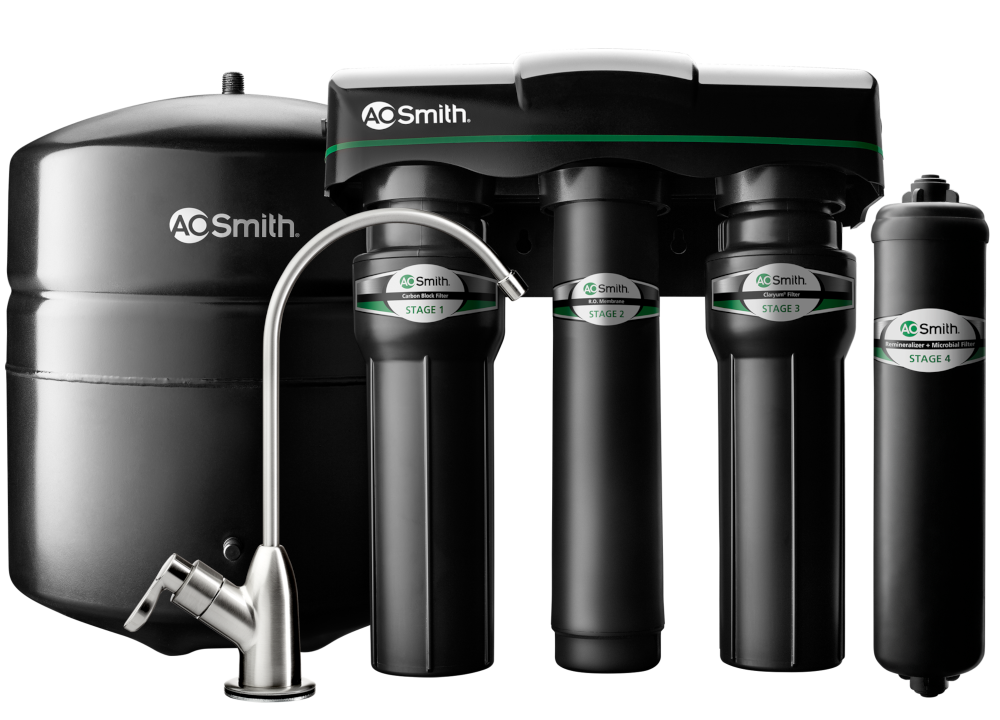Do I Need a Drinking Water System?
Many people never question if the water in their home is safe for them and their family. Whether you have city water or well water, it’s always possible for contaminants, viruses, and bacteria to get in your water.
Water sources that are tested and found to be safe and clean one year, aren’t necessarily safe forever. The Environmental Protection Agency recommends testing your water once a year to make sure it’s still safe for consumption and bathing. If there’s construction nearby, a chemical spill, or flooding occurs in the area, you should have your water tested more often at these times as these events can cause water contamination. You should also have your water tested if there’s any change in the taste, smell, or appearance of the water or if a household member is pregnant or nursing.
Some cities add fluoride to our water since it is good for dental health, but many people don’t realize that it can be harmful to those with iodine deficiency, thyroid problems, arthritis, and other conditions. While the fluoride in city water is not typically enough to cause issues, if combined with the fluoride found in common food and beverages (tea, coffee, juice, and seafood are all high sources of fluoride), you may be getting harmful amounts.

Reverse Osmosis System By A.O. Smith
What type of water filter should I get?
You may think that a carbon type filter like Brita is enough to remove all the potentially harmful substances from your water, and they even imply that they do this in their advertising. However, they can’t remove things like fluoride, viruses, arsenic, heavy metals, or even bacteria. Reverse osmosis water filtration systems do remove these things and remove more harmful contaminants than any other residentially available water filters. They also improve the taste of your water.
How do reverse osmosis filters work?
Reverse osmosis water filtration systems vary in quality and functionality. Most of the filters use three filtration layers, the last having pores of only .001 microns. Typically, water wouldn’t be able to pass through the last filter, but reverse osmosis filters use pressure to force it through, allowing it to filter out smaller contaminants.
Service Pros Plumbing can help you install a reverse osmosis water filter in your home, relieving the stress and cost of having to get regular water testing, and giving you peace of mind that the water you and your family are using is safe.
